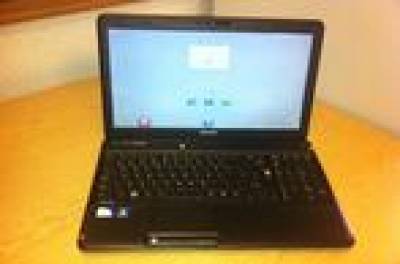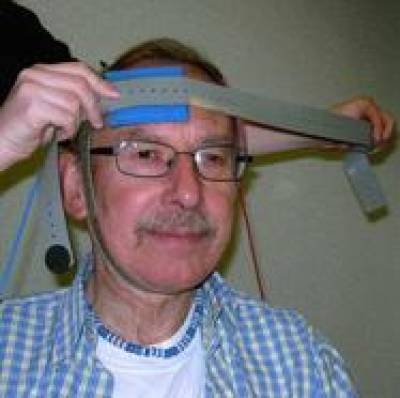Our ongoing research aims to understand why some patients recover from anomia (word finding problems) following aphasic stroke and why some patients continue to have word finding problems.
Healthy older volunteers:
If you have not had a stroke, but are interested in taking part in research or finding out more, do get in touch with our research team.
Email us at: nt_icn@ucl.ac.uk
People with Aphasia:
We are always looking for people who have difficulty finding the right words after a stroke to take part in our research. If you are interested, please contact us.
If you have had a stroke and are particularly interested in taking part in our treatment study, please take a look at the information sheet and contact us.
We are currently running a research project with people who have had a stroke which has affected their spoken language.
The research project focuses on whether treatment outcome measures can be improved by use of adjuvant brain stimulation methods during treatment.
What is involved in the anomia treatment study?
The treatment study involves practicing finding the right words using a computer-based naming program.
This is what the laptop and user interface looks like:


In addition to the computer-based anomia treatment program, we also deliver real of placebo electrical brain stimulation (transcranial direct current stimulation, tDCS).
This is the brain stimulation setup that we use:

Two electrodes are placed on the head covered in saline-soaked sponges (you can see the blue sponge in the picture above). One electrode is placed above the right eye, the other on the left side of the head. A very small direct current is passed between the two electrodes.
 Close
Close

